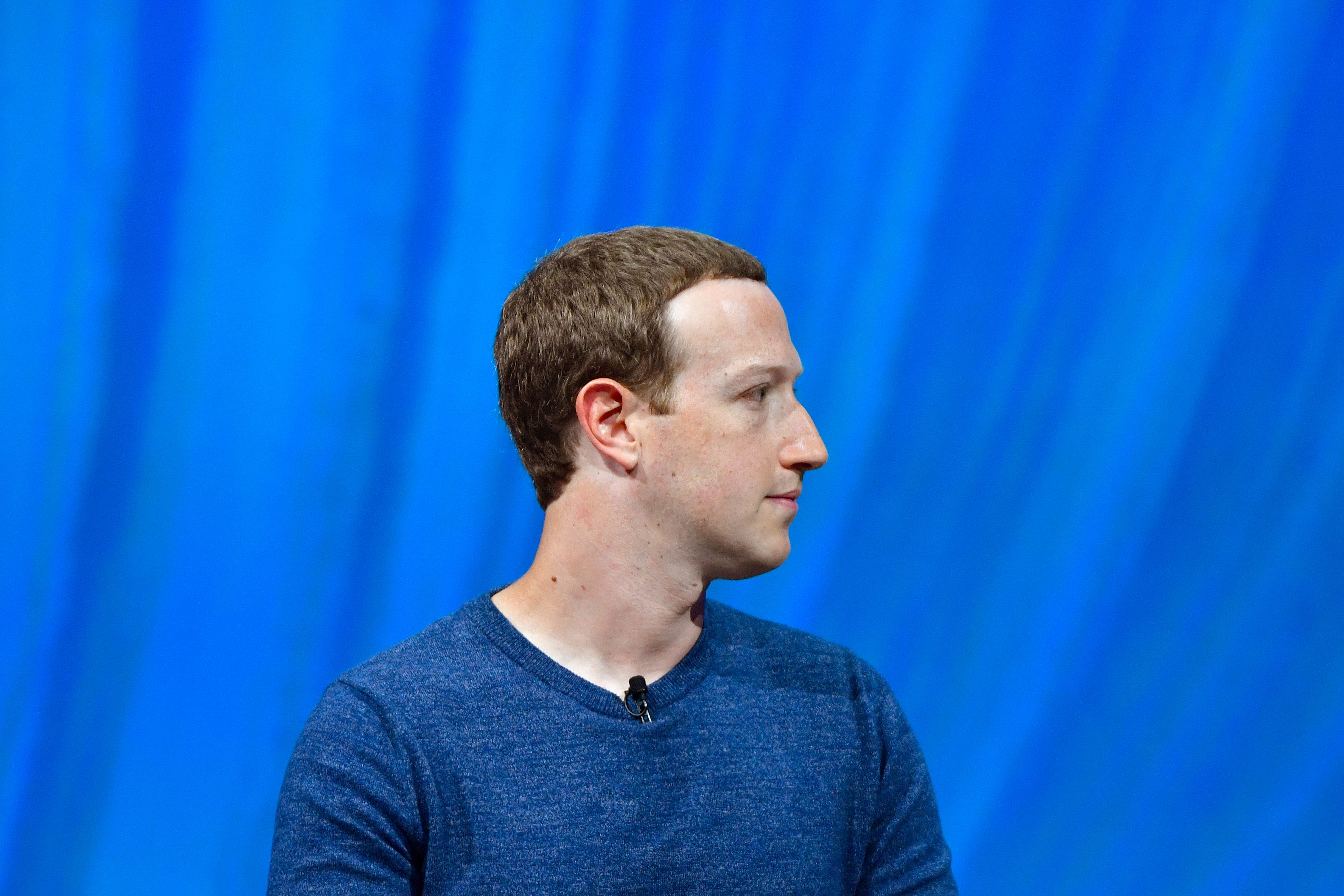What's driving the Facebook ad boycott?
And what, exactly, do advertisers want to see changed?

A free daily email with the biggest news stories of the day – and the best features from TheWeek.com
You are now subscribed
Your newsletter sign-up was successful
The smartest insight and analysis, from all perspectives, rounded up from around the web:
Facebook is urgently trying to contain the damage from an ad boycott that "numbers more than 300 advertisers," said Tiffany Hsu and Mike Isaac at The New York Times. The boycott, which demands that Facebook curb hate speech on its platforms, was started by civil rights organizations and other advocacy groups after Facebook refused to take down inflammatory posts from President Trump, including one that warned, "When the looting starts, the shooting starts." Facebook chief Mark Zuckerberg initially "struck a defiant tone," insisting that he would not put curbs on speech. But as the boycott has snowballed, Facebook has "tried to reframe the issue of hate speech as an industrywide problem," telling advertisers that if they cut ads on Facebook they should include Twitter and YouTube too. Now many of the world's biggest advertisers — Coca-Cola, Starbucks, Unilever, and others — have stopped ads across social media.
"I just canceled our upcoming Facebook ad campaign," said Sara Spivey, the chief marketing officer at a software company, at Adweek. It wasn't easy — Facebook and Instagram are arguably "the most efficient and effective tools" to get our messages out. But at what cost? "Their leadership has chosen to look the other way, supposedly in the name of free speech, as highly visible and incendiary statements are amplified on their platform." Brands are hitting Facebook where it hurts, said Sarah Halzack at Bloomberg. Advertisers have long asked Facebook to embrace inclusive values. Now they take no "major reputational risk by asking Facebook to do more," and maybe this time it will listen.
The Week
Escape your echo chamber. Get the facts behind the news, plus analysis from multiple perspectives.

Sign up for The Week's Free Newsletters
From our morning news briefing to a weekly Good News Newsletter, get the best of The Week delivered directly to your inbox.
From our morning news briefing to a weekly Good News Newsletter, get the best of The Week delivered directly to your inbox.
The risk that advertisers are actually thinking of comes from the current "woke moral panic," said The Wall Street Journal in an editorial. What's really going on is a "progressive power grab" by activists unhappy that Facebook "does not censor enough political speech." Facebook has tried to respond to the complaints, with promises to flag and fact-check posts by politicians. Predictably, this has not satisfied the activists, who want only to "expel their enemies from the public square." Corporations who follow this path "had better hope that they will make fast and permanent friends among the anti-capitalists of the new Left."
"What exactly do the advertisers want?" asked Casey Newton at The Verge. Most of the boycotters' demands seem to be for things — anti–hate speech policies, outside audits, prohibitions on voting information, a high-level corporate civil rights officer — that Facebook already has. The reality of the ad retreat may be less than the noise. The top 100 advertisers on Facebook account for just 6 percent of its ad revenue. Some companies that have announced they are no longer advertising had minimal Facebook budgets in the first place; Ford, for instance, spent just $57,000 in the month before it stopped ads. "Amid the global pandemic, advertisers have been reducing their advertising spending anyway," so taking a stand now is easy — especially if it leads to "refunds for ads that already ran" next to objectionable content. The test of whether advertisers are serious will be whether they are still at it in a month — or choose to "declare victory and move on."
This article was first published in the latest issue of The Week magazine. If you want to read more like it, you can try six risk-free issues of the magazine here.
A free daily email with the biggest news stories of the day – and the best features from TheWeek.com
-
 How the FCC’s ‘equal time’ rule works
How the FCC’s ‘equal time’ rule worksIn the Spotlight The law is at the heart of the Colbert-CBS conflict
-
 What is the endgame in the DHS shutdown?
What is the endgame in the DHS shutdown?Today’s Big Question Democrats want to rein in ICE’s immigration crackdown
-
 ‘Poor time management isn’t just an inconvenience’
‘Poor time management isn’t just an inconvenience’Instant Opinion Opinion, comment and editorials of the day